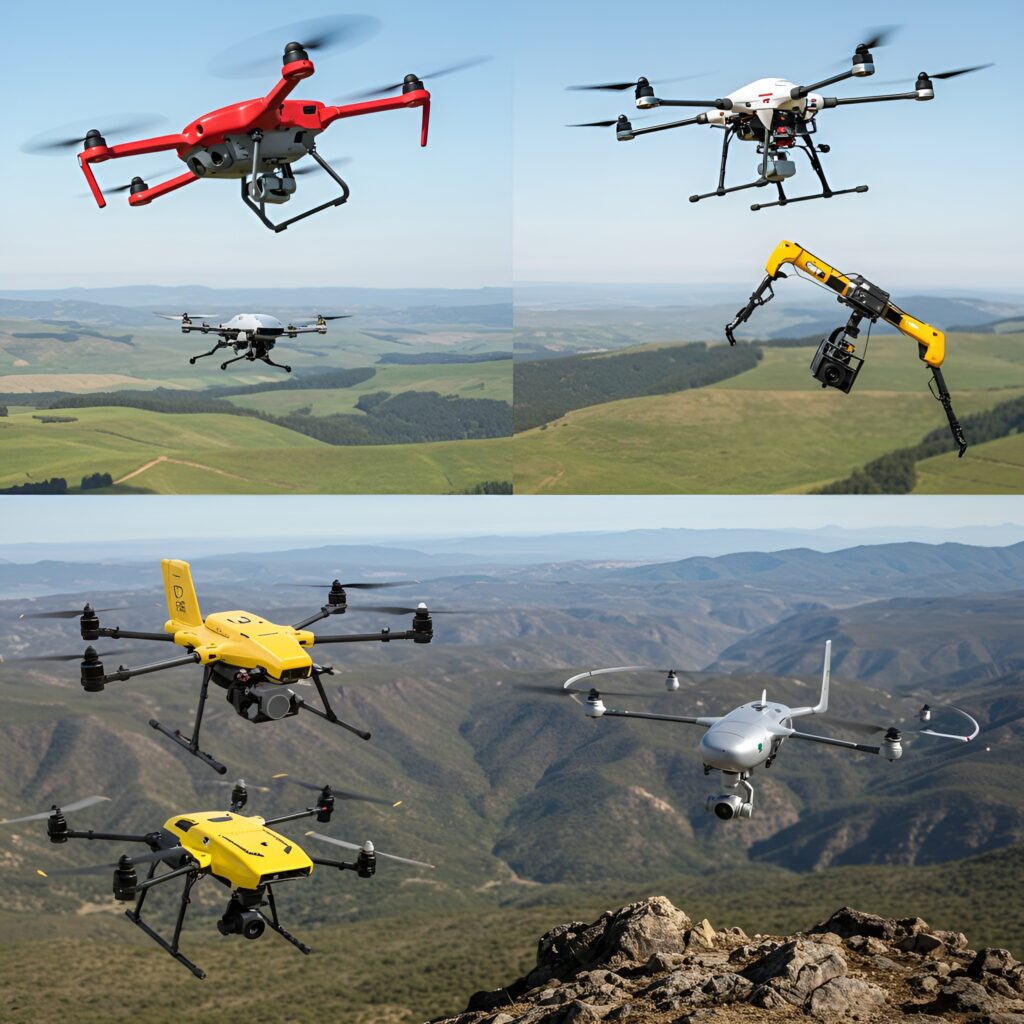
Drones are revolutionizing the logistics landscape especially in the “last mile,” where packages make their final journey to consumers. Here’s how:
1. Faster Delivery Times
Traditional last-mile logistics are plagued by inefficiencies such as traffic, weather delays, and human error. Drones bypass these issues by flying directly to delivery points. Amazon, Zipline, and Wing have already demonstrated delivery times reduced from hours to minutes.
2. Reaching the Unreachable
Rural villages, mountainous terrain, and disaster zones often lack reliable roads. Drones bridge these gaps effortlessly. In countries like Rwanda and Ghana, drones deliver blood and vaccines to remote hospitals daily.
3. Lower Environmental Impact
Battery-powered drones offer a cleaner alternative to trucks and vans. They reduce greenhouse gas emissions, noise pollution, and fuel consumption, aligning with green logistics goals.
4. Emergency & Humanitarian Aid
During pandemics, natural disasters, or wars, drones become lifelines. They can deliver food, medicine, and communication devices when human access is unsafe or impossible.
5. Cost Efficiency Over Time
While drone delivery infrastructure requires upfront investment, it offers lower operational costs in the long run. Automation reduces labor costs, and fewer vehicle miles mean lower fuel and maintenance expenses.
As airspace management and drone corridors become better regulated, last-mile drone delivery will likely become mainstream in both urban and rural environments.
